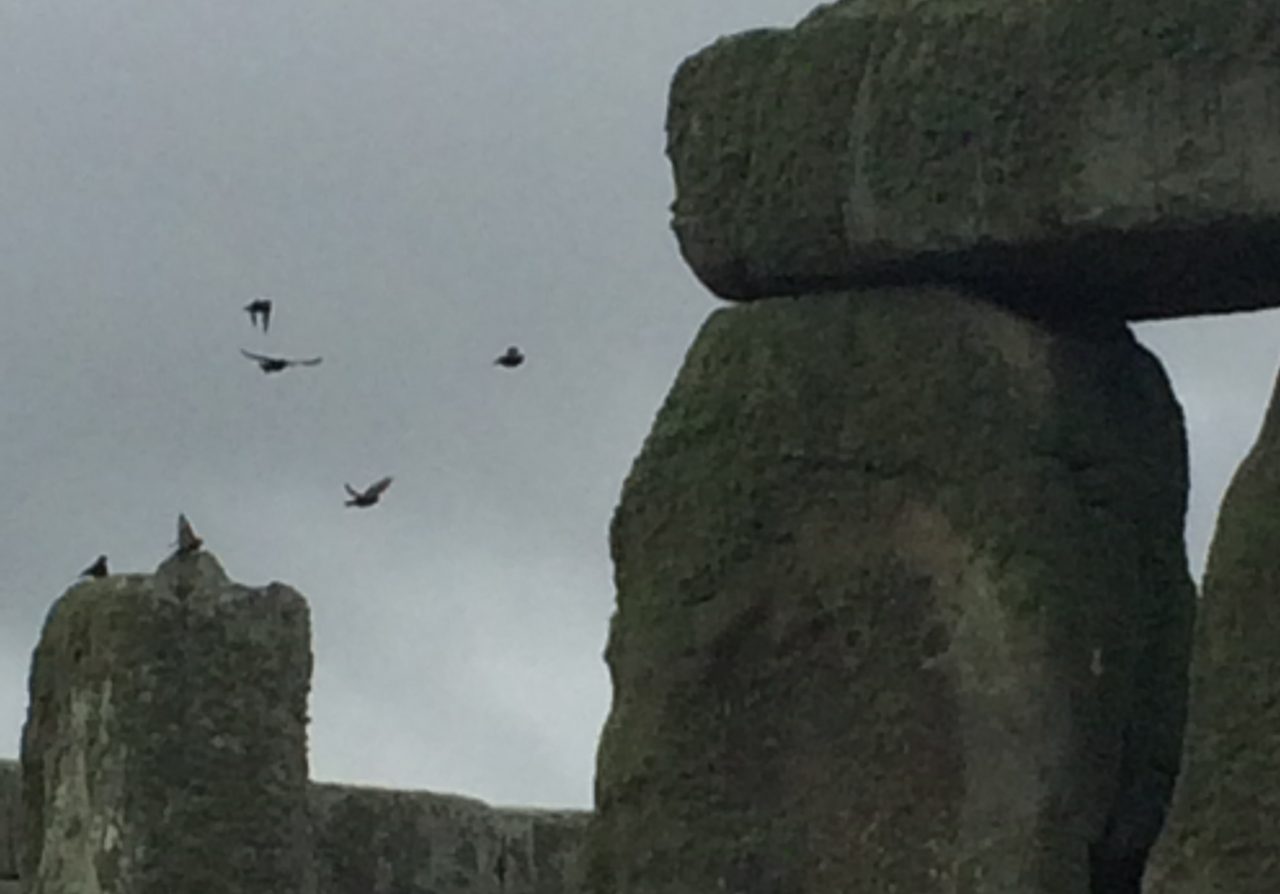If you’ve ever been privy to a church debate or argument, you know it’s a hurtful thing and can stick with you for a long time. The debate about blood pudding was fiercely fought in England in the mid 1600s to late 1700s. Sir Isaac Newton didn’t leave behind many papers or correspondence when he died at the age of 84 in 1727. But he did leave behind a treatise on his thoughts about the raging blood pudding debate-the question being, should Christians eat blood pudding?
First of all, what is blood pudding? Also called black pudding and blood sausage, it’s made from animal blood, a grain such as oatmeal, fat, and various spices, and is sometimes stuffed in a casing like a sausage. It’s considered an English breakfast staple. Bloedworst in the Netherlands, Boudin noir in France, morcilla to Spanish speakers, this dish is popular in many cultures. It’s said to be softer than a regular sausage but still meaty, with a taste you can only really describe as “dark.” But you might have never heard of it. In the US, it’s banned for sanitary reasons, however, it’s important in French and Cajun cooking and some versions have passed inspection.
In Newton’s day it was a staple food of the poor, particularly the Irish, who bled their oxen to make it without killing the animals.
Why was this food once worth a religious brawl? The debate centers around the book of Genesis. In the first part of Genesis, humans are told to eat only plants. Later, Noah is told it’s okay to eat animal but not their blood. For Christian scholars, the holy book held three sets of rules–Moses rules, Noah rules, and post-Jesus rules. No blood was a Noah rule. The argument is that drinking/eating blood is barbaric, consuming a life force that is not yours to consume. But according to some scholars, post-Jesus rules say you can eat the blood. Isaac Newton himself was squarely in the anti-blood pudding camp. He was a great reader of scripture and did his best to interpret it. He said,”the prohibition is a check to savageness and cruelty.” He was not alone in equating blood with sacred life. You could eat flesh but not blood in many opinions. To eat blood defiled the person who consumed it. It might give the person a thirst for blood.
In Newton’s day, many also thought that trophy hunting was forbidden by the bible, again, because it incited cruelty of the spirt. Newton was opposed to eating anything killed in a cruel manner because “such actions incline men to …unmercifulness.” The Methodists joined him in being anti-blood pudding. Newton, it should be noted, was not particularly merciful. He was full-Noah in regards to blood eating yet in the “post-Jesus” camp and against circumcision. But if anything, people in religious debates are not known for their consistency of stances.
The debate still goes on today in some circles. The tempest, however, subsided, possibly around 1797 when John Rollo, surgeon General of the Royal Artillery, prescribed it as a cure for diabetes, along with opium. Clinical Diabetes(Vol. 14, Issue 3).
The anti-puddingers have largely been forgotten. It’s popular throughout the world. There is even a Black Pudding Club and a Blood Pudding Press, which publishes poetry. A man saved his life by using a frozen one as a battering ram when he got stuck in a freezer.
Next time you get in a pointless debate, remember the Black Pudding.



You may have your pound of flesh but not a drop of blood
LikeLike
Take. Eat. What I have made Holy, you shall not make unholy.
LikeLike
Oh dear, I am still undecided. I love black pudding, but shoul I be eating it as a christian?
LikeLike
As Sam below has said, Acts 15. I would not be comfortable with eating black pudding / sausage.
LikeLike
Please read Acts 15 – post Jesus and explicit in regard to abstaining from blood
LikeLike